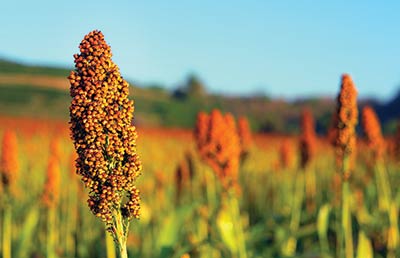Trades of Land Can be Tricky

Under the new tax law, trading farmland is allowed using a 1031 exchange to defer the tax. However, in order for it to be completely tax free, it usually must include only land or items that constitute real estate. When land includes tiling, wells, etc. these items can make the exchange trickier and thus in some case, will be fully taxable, even if you trade for other farm land.
However, if the other farmland also includes these same items and the value of those items is equal to or greater than what you “sold”, the income tax effect will likely be a wash. However, this is not always true.
Let’s look at some examples:
A farmer sells farm land worth $1 million. The farmer purchased it for $100,000 many years ago. If he sells for cash, the gain is $900,000 and subject to capital gains taxes. However, if he trades it for other farm land worth $1 million, there is no tax due.
Now, let’s assume the farmer put tile into the land at a cost of $100,000 and when the sale is done, the value is still $100,000. This now means the farmland value is $900,000 which can be rolled over tax-free into the new land, however, the farmer will now owe ordinary tax on the $100,000 tile sale if not rolled over into other qualified Section 1245 farm real estate. This gain will be eligible for the new 20% Section 199A deduction (subject to possible limitations).
If the new farmland has tile worth $100,000, the farmer can roll over the gain tax free, since the tile gain will be offset with the new tile purchased.
Even if tile is considered real estate under state law, it is still Section 1245 property for income tax purposes so it will likely be fully taxable unless it is rolled into like property. This property does not need to be tile. It can be any Section 1245 farm real estate asset such as a well, land improvements, trees, vines, grain bins, storage facilities, etc.
As you can sell, doing a 1031 exchange on farmland is now more complicated since most farmland is usually not strictly land.
Paul Neiffer is a certified public accountant and business advisor specializing in income taxation, accounting services, and succession planning for farmers and agribusiness processors. Paul is a principal with CliftonLarsonAllen in Walla Walla, Washington, as well as a regular speaker at national conferences and contributor at agweb.com. Raised on a farm in central Washington, he has been immersed in the ag industry his entire life, including the last 30 years professionally. Paul and his wife purchase an 180 acre ranch in 2016 and enjoy keeping it full of animals.

Paul – what if the “sold” tile has not yet been fully depreciated?